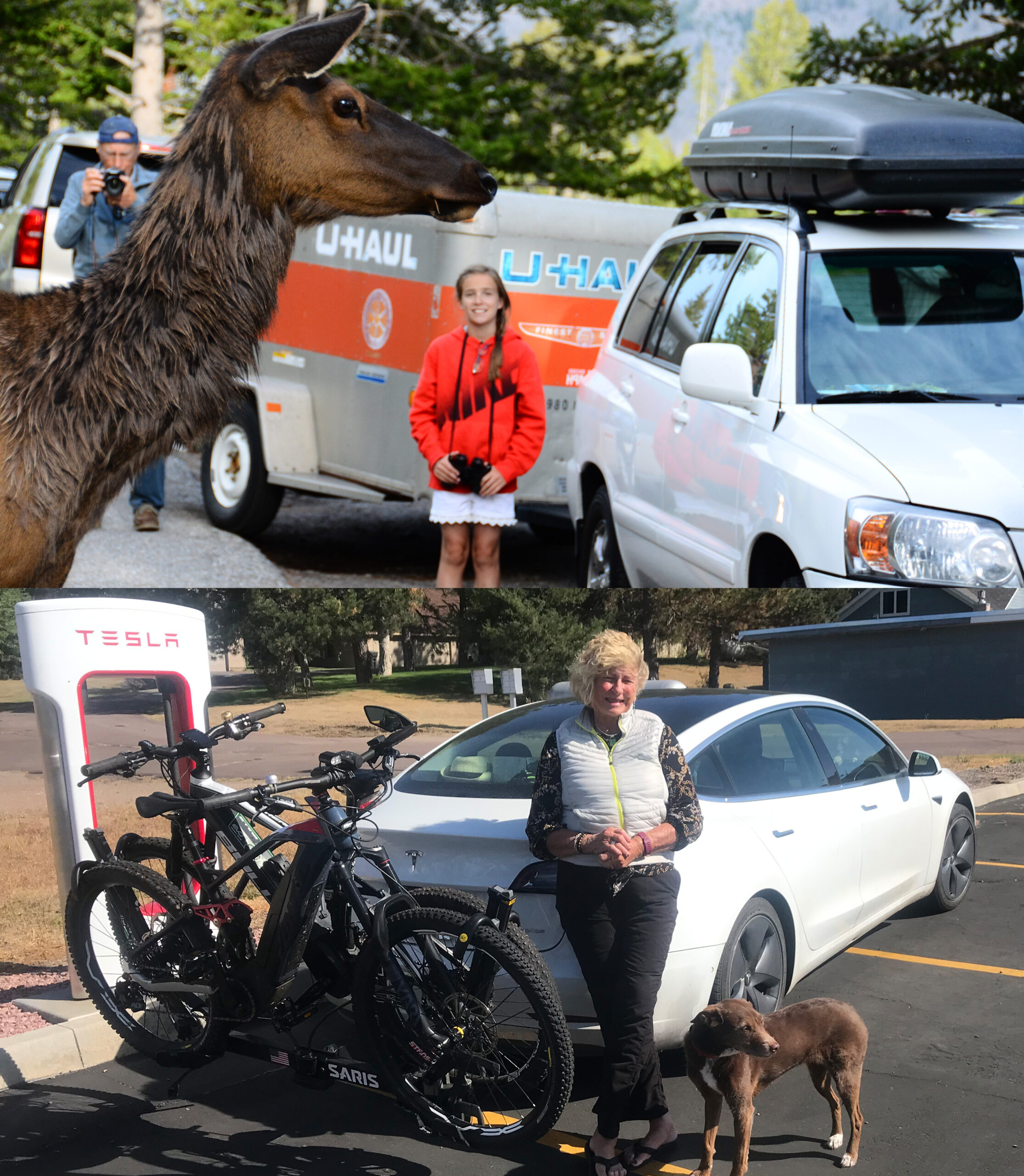$4.8 billion in contracts awarded to Indigenous businesses and partnerships

The federal government – owned company said over 3,100 Indigenous people have been hired to work on the expansion as of Dec. 31, 2022, or about 11 per cent of the total workforce of 28,900 people.
Around 25 per cent of project contracts have been awarded to Indigenous businesses and partnerships – totaling around $4.8 billion.
An example of these relationships is Stqó:ya Construction, a heavy construction company that is majority-owned by Seabird Island Band, located between Hope and Chilliwack, B.C.
Through contracts with Trans Mountain, both on the expansion project and through ongoing operations, Stqó:ya has reached an unprecedented level of Indigenous employment with 70 per cent of their workforce being Indigenous.
The original Trans Mountain Pipeline, now being twinned with 980 kilometres of new pipe and 12 new pump stations, started operating in 1953. It is Canada’s only corridor for transporting crude and refined products to international markets via vessels loaded in Burnaby.
Construction of the expansion is approximately 80 per cent complete. When it starts operating in 2024, pipeline capacity will climb from 300,000 to around 890,000 barrels per day.
The case for the expansion is strong as the world experiences record and rising oil demand.
Global oil demand is at an all-time high of around 102 million barrels per day, according to the International Energy Agency. Data compiled by the Canada Energy Regulator reveals that Canada’s international oil exports rose from 9.3 million barrels in 2015 to 49.7 million in 2022.
As part of construction, Trans Mountain has conducted over 18,700 person days of environmental inspection and completed over 6,400 person days of Indigenous monitoring, as well as over 40,000 person days of technical field studies completed by third-party consultants.
“Trans Mountain has one of the largest archaeological programs in Canada,” says the report. “To protect heritage resources, since 2016 the company has invested more than $40 million in archaeological studies and conducted more than 79,000 shovel tests.”
The company also delivered an Indigenous cultural awareness training course to all employees and contractors in 2022.
Share This:






